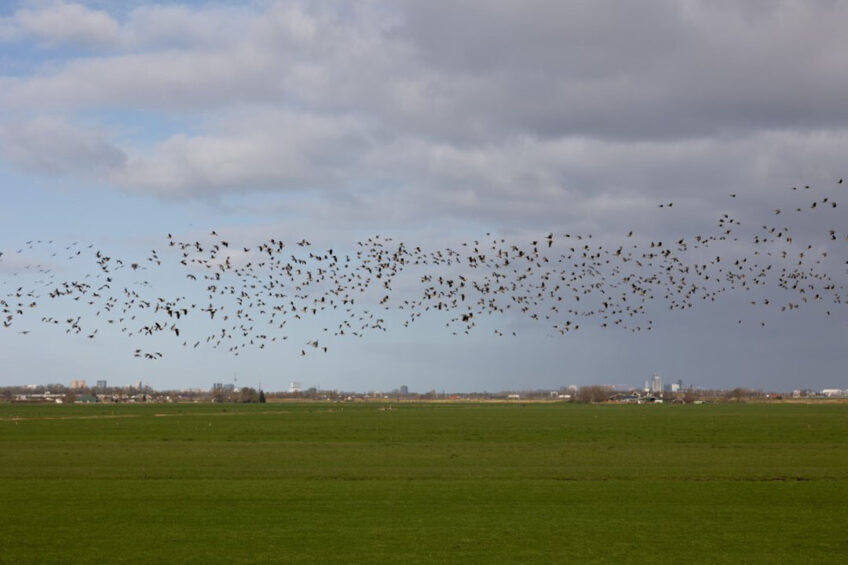Cases of avian influenza are on the rise

Highly pathogenic avian influenza cases recorded in Europe among poultry and water birds have risen since the summer.
The rise in the number of outbreaks in poultry is suspected to be linked to the spread of the virus via water birds.
50 million bird culled
The ongoing HPAI epidemic is the largest ever observed in Europe. In the first year of the epidemic, which ran from October 2021 to September 2022, a total of 2,520 outbreaks in poultry, 227 in captive birds, and 3,867 detections in wild birds were notified in 37 European countries. Some 50 million birds were culled in affected farms.
The unusual persistence of HPAI in wild birds and poultry throughout the summer of 2022 means that for the first time there was no clear separation between the end of the first year of the epidemic and the beginning of this year’s HPAI season, which began in October 2022.
Vaccination strategies
EFSA is currently assessing the availability of vaccines against highly pathogenic avian influenza and considering potential vaccination strategies. The outcome of this work is expected to be available in the second half of 2023.
Join 31,000+ subscribers
Subscribe to our newsletter to stay updated about all the need-to-know content in the poultry sector, three times a week. Beheer
Beheer











 WP Admin
WP Admin  Bewerk bericht
Bewerk bericht